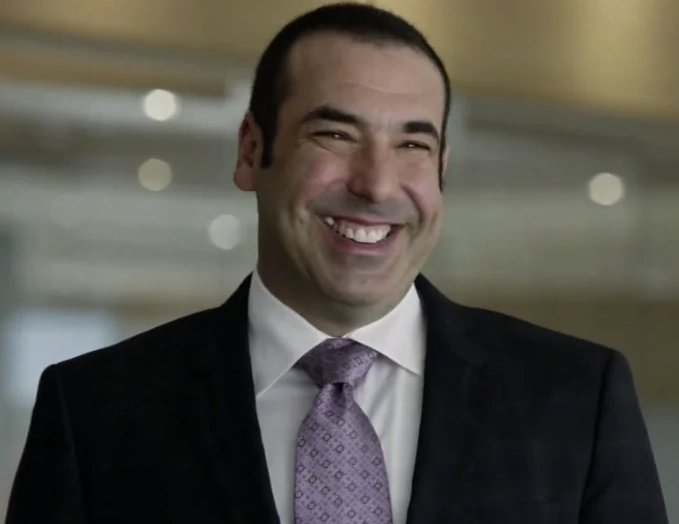
Smile Makeovers and Mental Health: How Cosmetic Dentistry Boosts Confidence
A smile is more than a facial expression—it’s an emotional asset that deeply affects how we see ourselves and how others perceive us. In 2025, the connection between cosmetic dentistry and mental health is becoming more widely acknowledged. As people seek not only aesthetic enhancement but also emotional well-being, smile makeovers have emerged as a powerful tool for boosting self-confidence.
Many individuals struggle with insecurities about their teeth. Whether it’s discoloration, gaps, chipped edges, or crooked alignment, these concerns can lead to social anxiety, avoidance of photographs, and even lower self-esteem. Over time, these small aesthetic issues can have a disproportionate psychological impact.
Cosmetic dentistry offers an effective way to address these concerns. Treatments like teeth whitening, veneers, gum contouring, and clear aligners do more than transform the mouth—they also transform mindset. Patients frequently report increased confidence, comfort in social interactions, and a renewed sense of self-worth after cosmetic procedures.
Recent studies support this. According to a 2024 survey conducted by the Global Aesthetic Dental Alliance, over 70% of patients who underwent smile makeovers reported improvements in their overall happiness and reduced levels of self-consciousness. Many also felt more confident at work, more willing to engage socially, and even more motivated to maintain healthier lifestyles.
In 2025, clinics are starting to adopt a more holistic approach to smile design—one that includes the emotional goals of patients as much as the physical ones. Dentists now focus on understanding what a “better smile” means to the individual: Is it about looking younger? Feeling more professional? Reclaiming joy in self-expression?
Technology plays a big role in this process. With digital smile simulations and AI-powered diagnostics, patients can preview their transformations before any treatment begins. This reduces anxiety and builds excitement, empowering them to make confident, informed choices.
Furthermore, the psychological benefits of cosmetic dentistry often extend beyond the surface. For some, it can mean healing from years of bullying or embarrassment. For others, it represents a milestone in reclaiming their identity after illness or trauma. In all cases, cosmetic dentistry becomes a form of self-care—not vanity.
In conclusion, smile makeovers in 2025 are not just about appearance—they’re about emotional wellness, identity, and confidence. If you’ve ever held back your smile because of insecurity, know that today’s aesthetic dental treatments offer a safe, supportive, and life-changing way forward. Your best smile is not just about how you look—it’s about how you feel.















